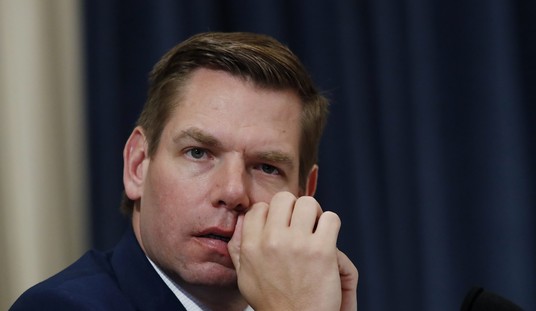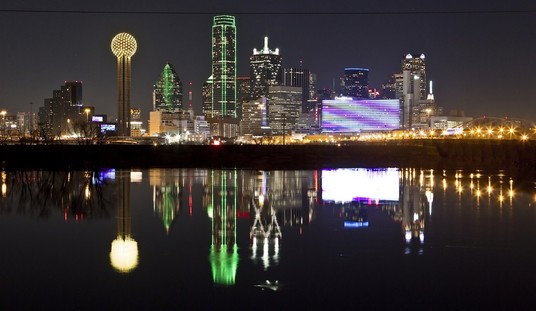A lot of the media and all of the Democrats seem to forget one simple fact about the Bush tax cuts: they were passed in response to a recession occurring as George W. Bush and Dick Cheney entered office.Moe Lane wrote an excellent post about the impact of the Democrats not extending the Bush tax cuts, but what about what they actually did.We should not forget that.The 2001 Economic Growth and Recovery Tax Act was George Bush’s version of Barack Obama’s stimulus plan. However, instead of creating a bunch of temporary government jobs and subsidizing the expansion of government, it cut tax rates, increased the child tax credit, increased the standard deduction for married couples, and increasing contribution caps for a variety of savings programs. The result? The recession ended in November of 2001. (Source)But, September 11, 2001, happened as the economy was recovering and throughout 2002, the economy grew at an anemic rate. The Jobs and Growth Tax Relief Reconciliation Act of 2003 revved up the 2001 tax cut package and cut taxes again on dividends and capital gains.The result?Under George W. Bush’s “tax cuts for the rich” the rich paid more in taxes in 2005 than any time in the prior 20 years. In fact, as the Wall Street Journal noted, thanks to George W. Bush’s tax cuts for the rich, the richest one percent went from paying 25% of all income taxes in 1990 to 39% in 2005. The richest 5% went from paying 44% of all income taxes in 1990 to paying 60% of all income taxes in 2005.
In 1980, when the top income tax rate was 70%, the richest 1% paid only 19% of all income taxes; now, with a top rate of 35%, they pay more than double that share.
More crucially, after the 2001 initial tax cuts, the annual growth rate went from 0.3% in 2001 to 2.5% in 2002. By 2004, GDP growth was the highest in 20 years. (Source)Likewise, after the 2003 tax cuts, the unemployment rate fell to the lowest level since World War II. Let me repeat that: the Bush economic program created the lowest unemployment level ever. In fact, economists liken it to full employment given the demographic composition of those who were left on the unemployment line.This is but a bit of what the Bush tax cuts did. Why then the collapse? There are lots of reasons for the collapse. For one thing, contrary to what economists would have you believe, they are not scientists and the economy is not a science. There have been upturns and downturns in the economy since economies first developed several millennia ago. But also, massive new regulations in Sarbanes-Oxley and the continuing incursion of the government via Fannie and Freddie into private lending markets forcing private lenders to launch even riskier ventures to stay profitable led to a lot of schemes collapsing in on themselves and taking the economy out too.That has nothing to do with the Bush tax cuts. The Bush tax cuts, objectively, helped the economy both recovery from the 2000-2001 recession and spur some of the greatest economic activity the nation has ever seen.In their efforts to end the Bush tax cuts during a prolonged recession, the Democrats risk making the economy worse and introducing greater uncertainty into the market.













Join the conversation as a VIP Member